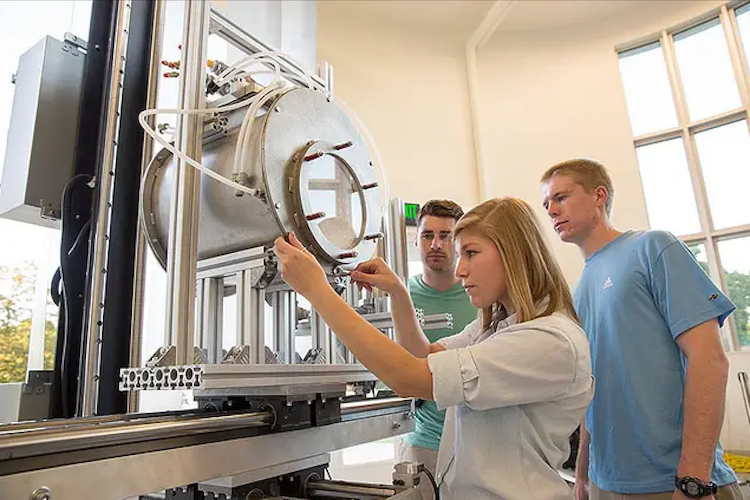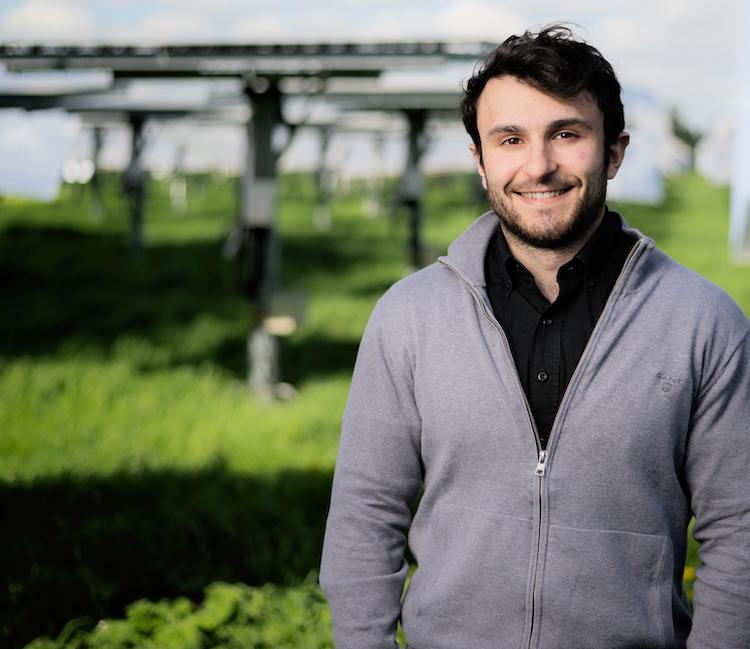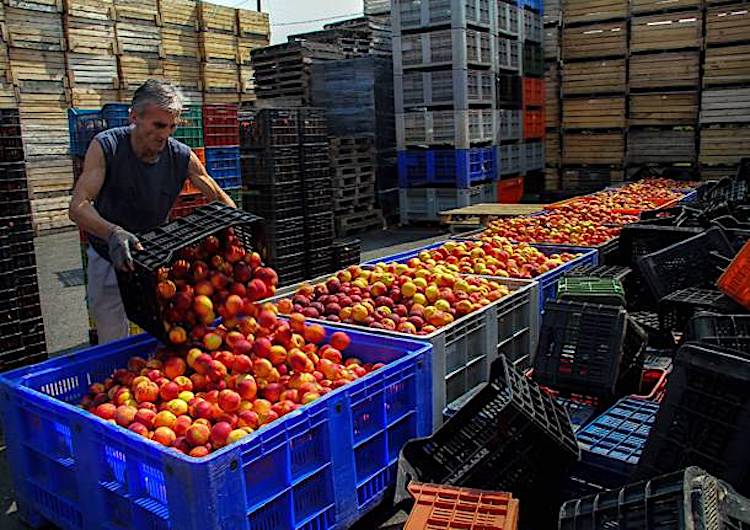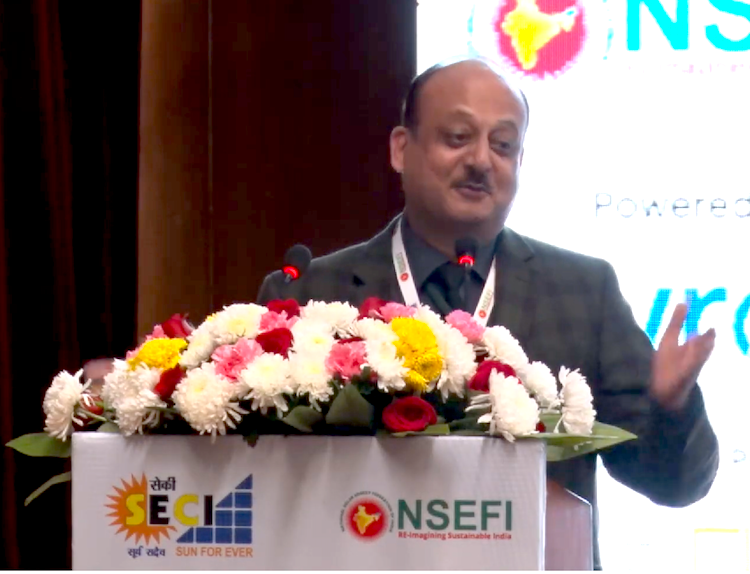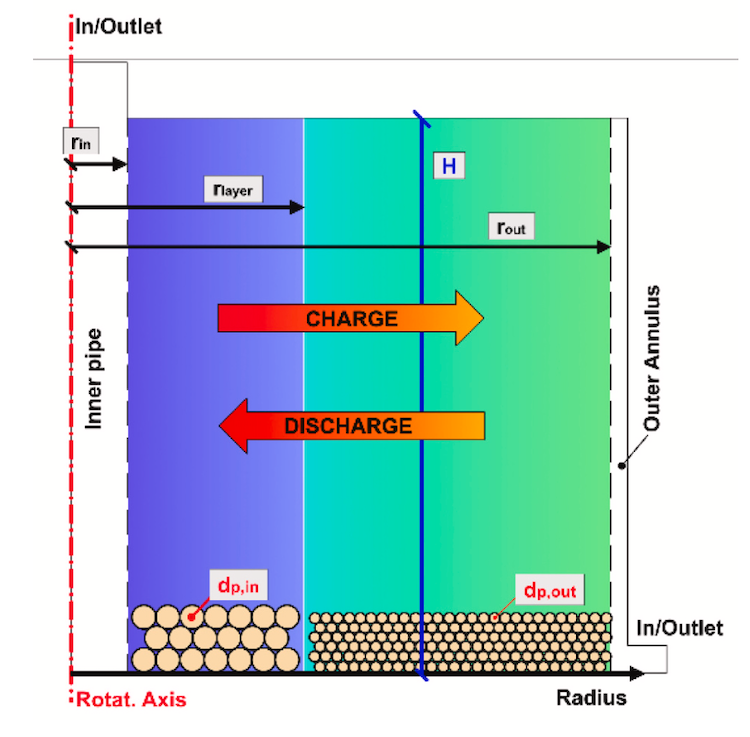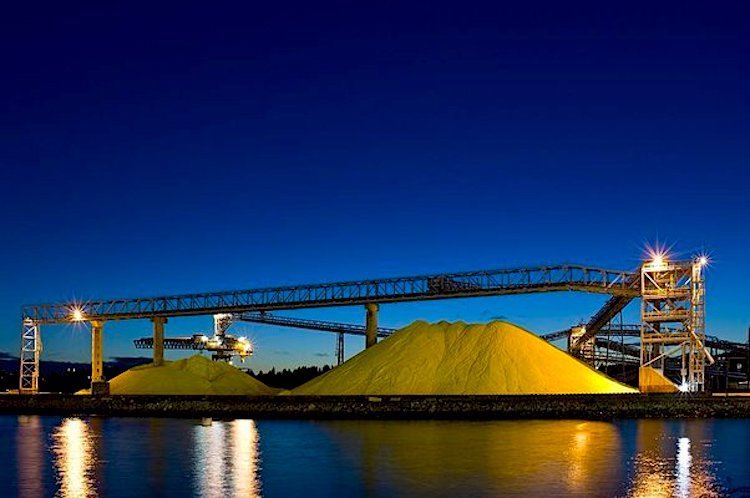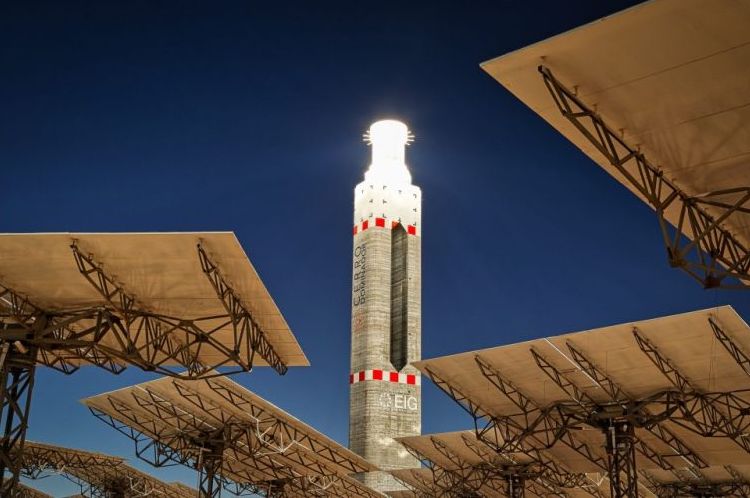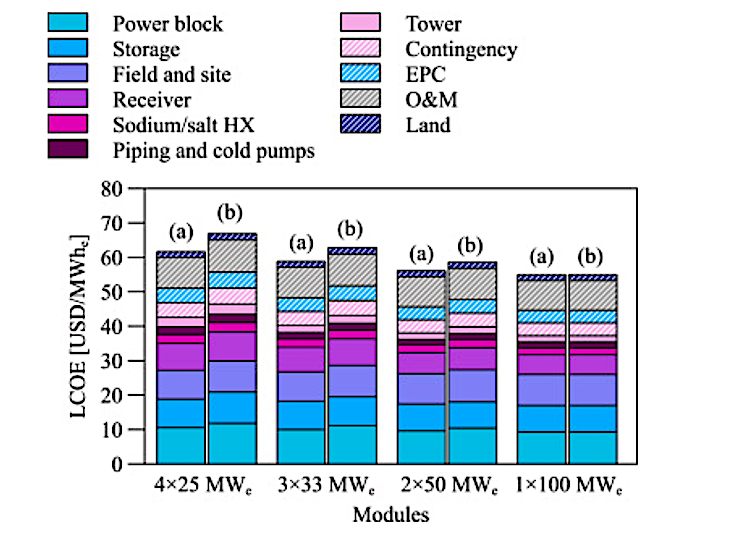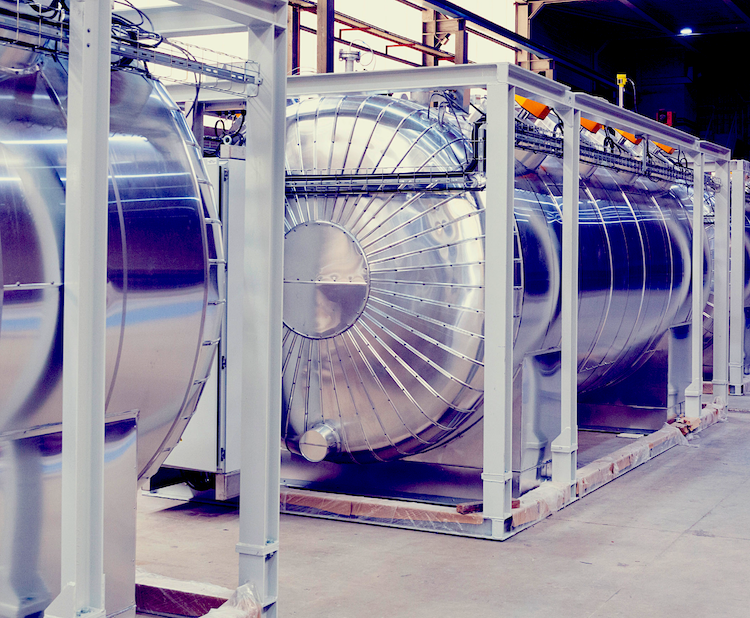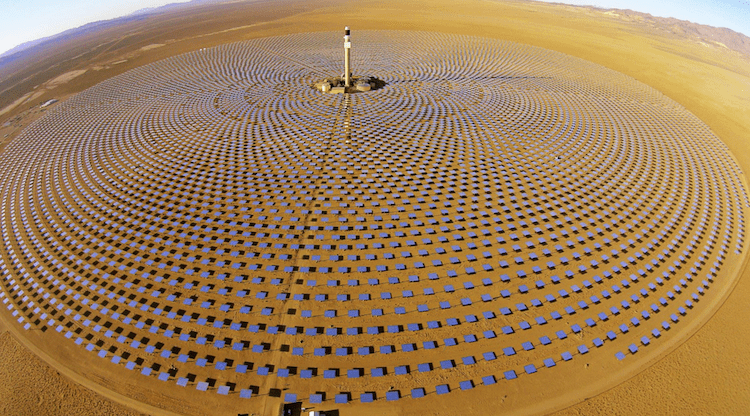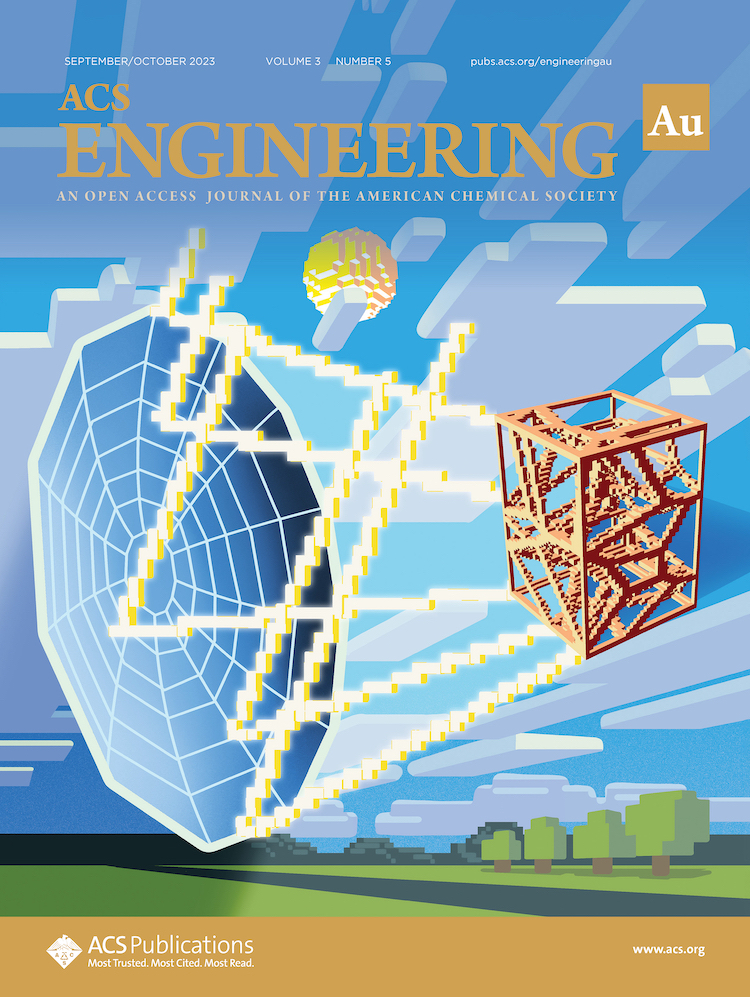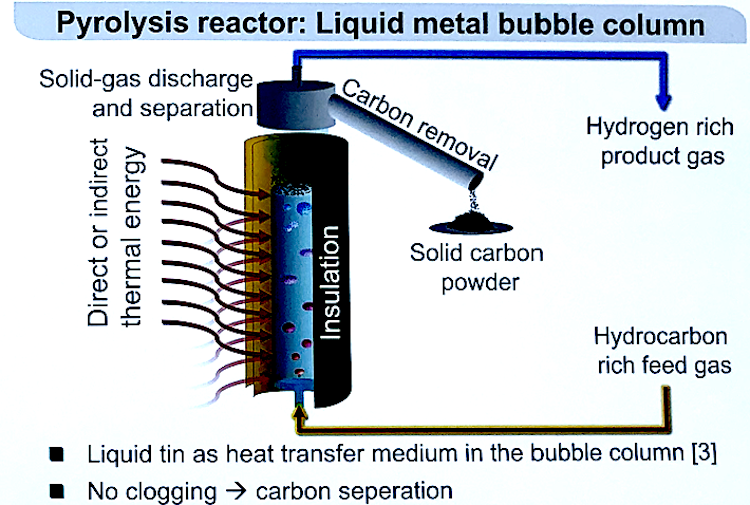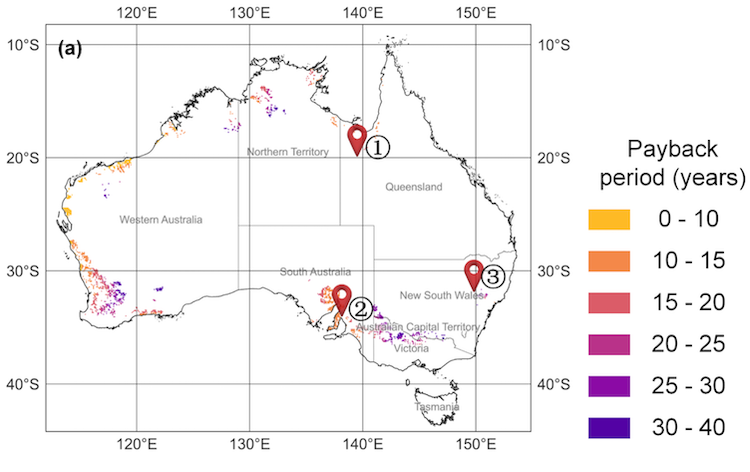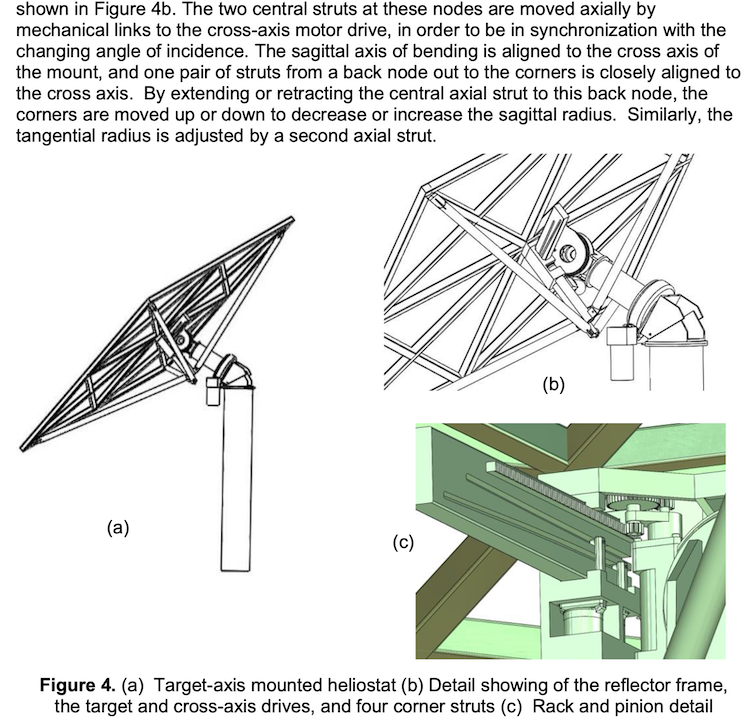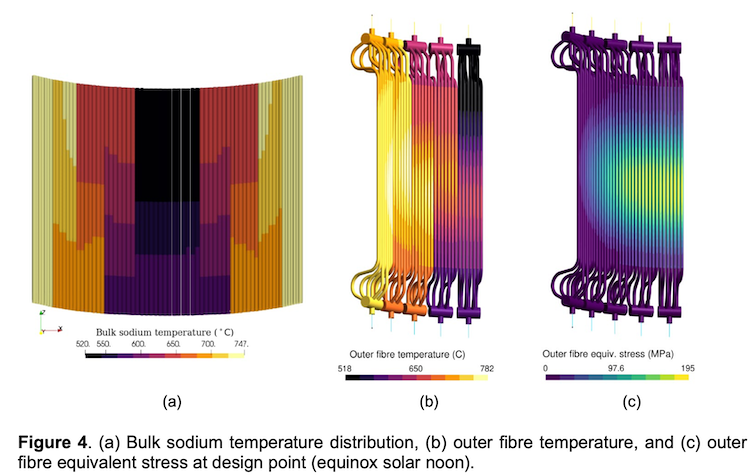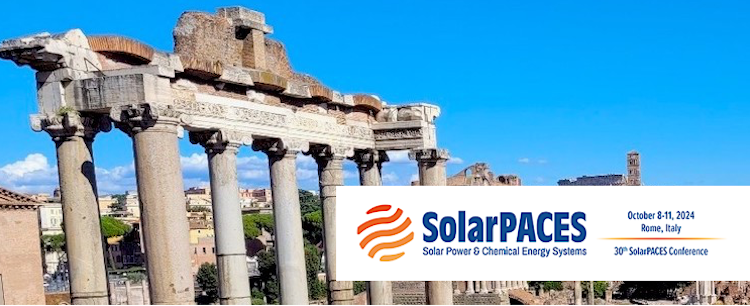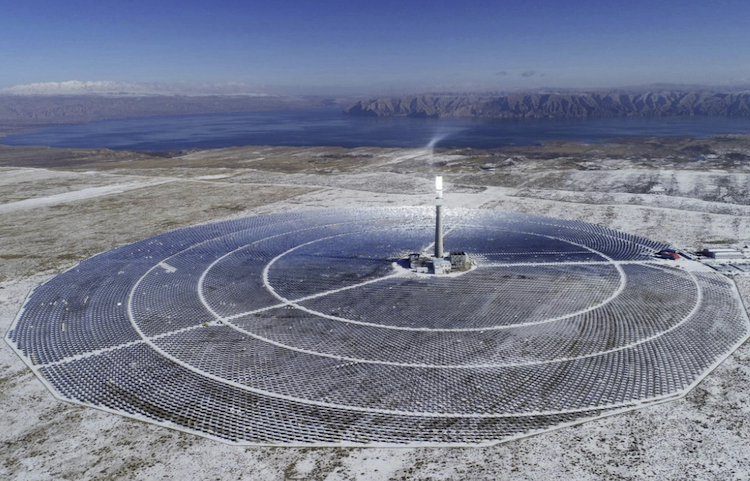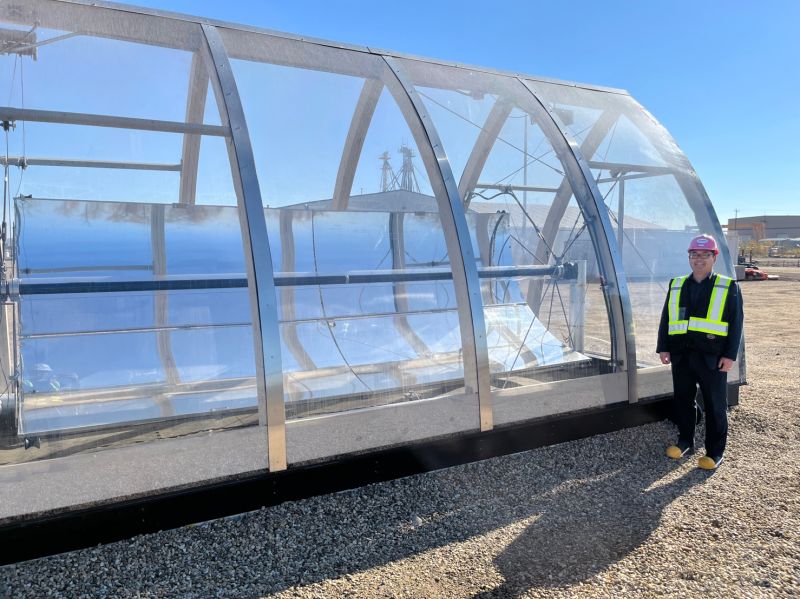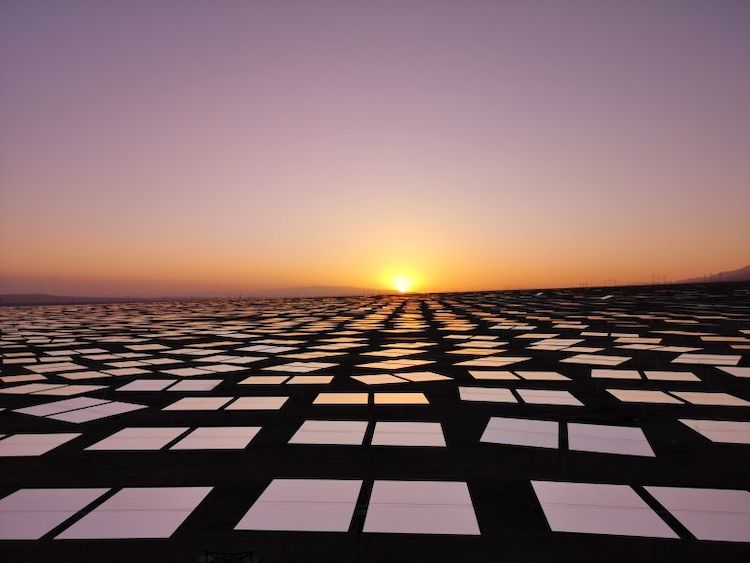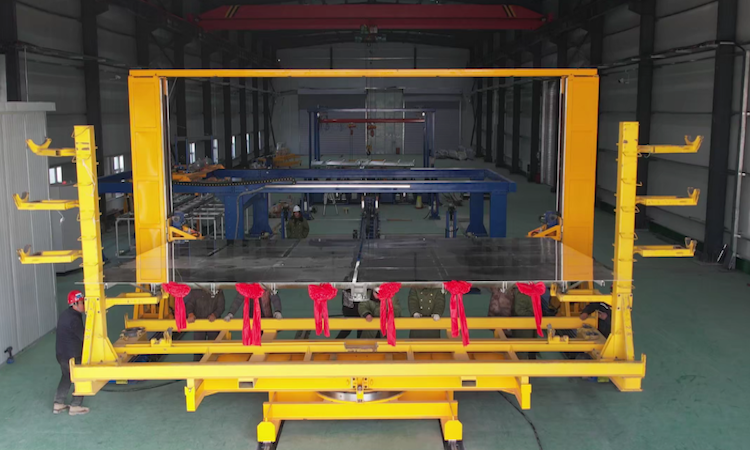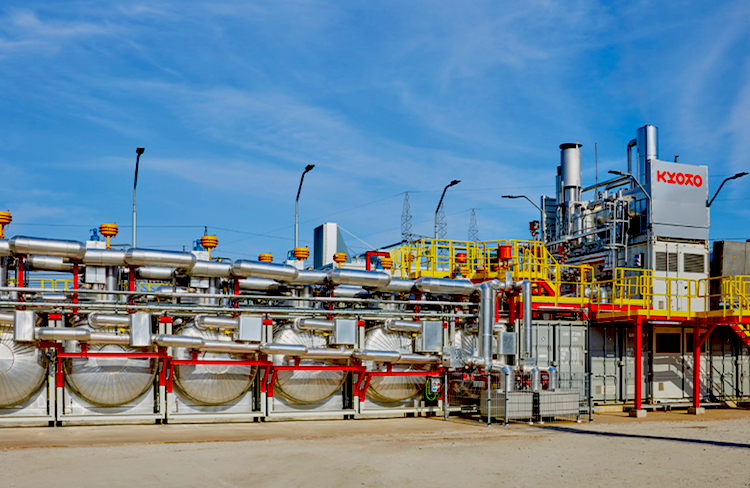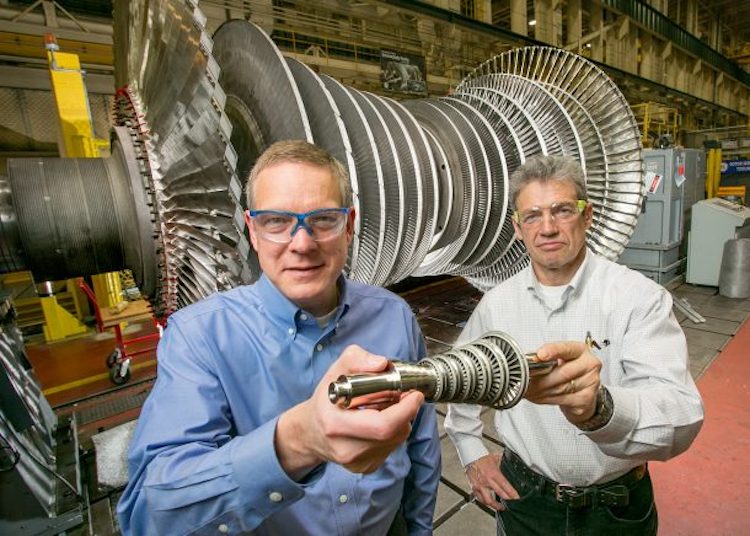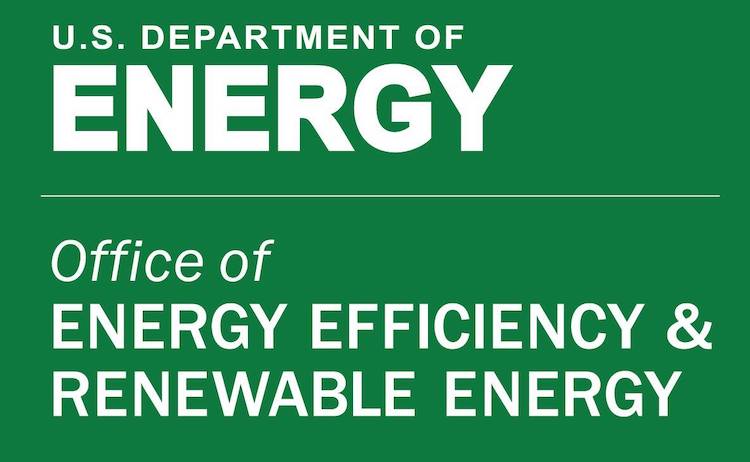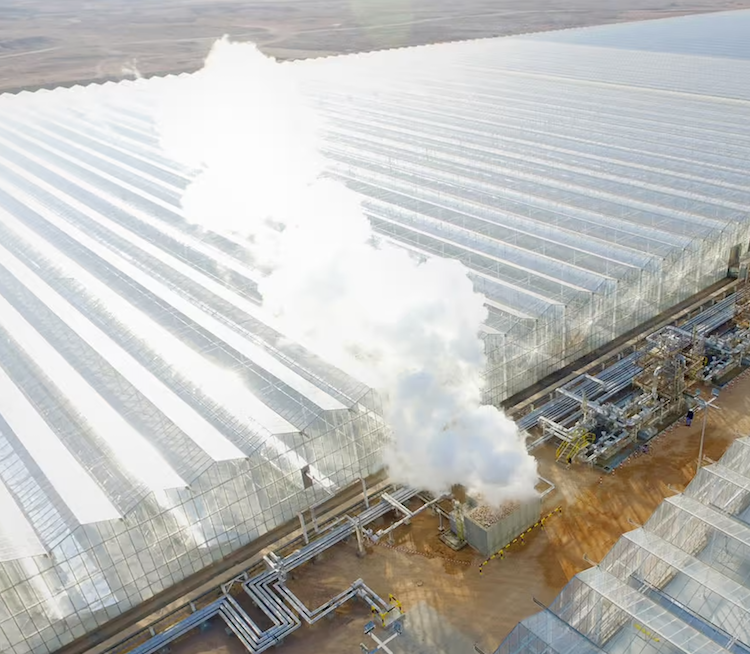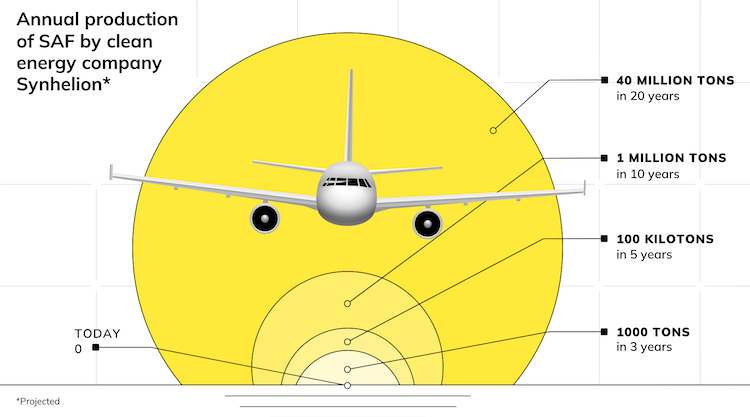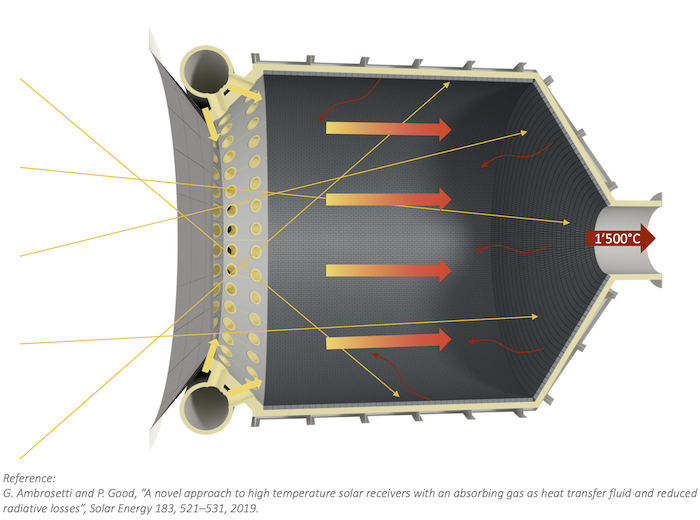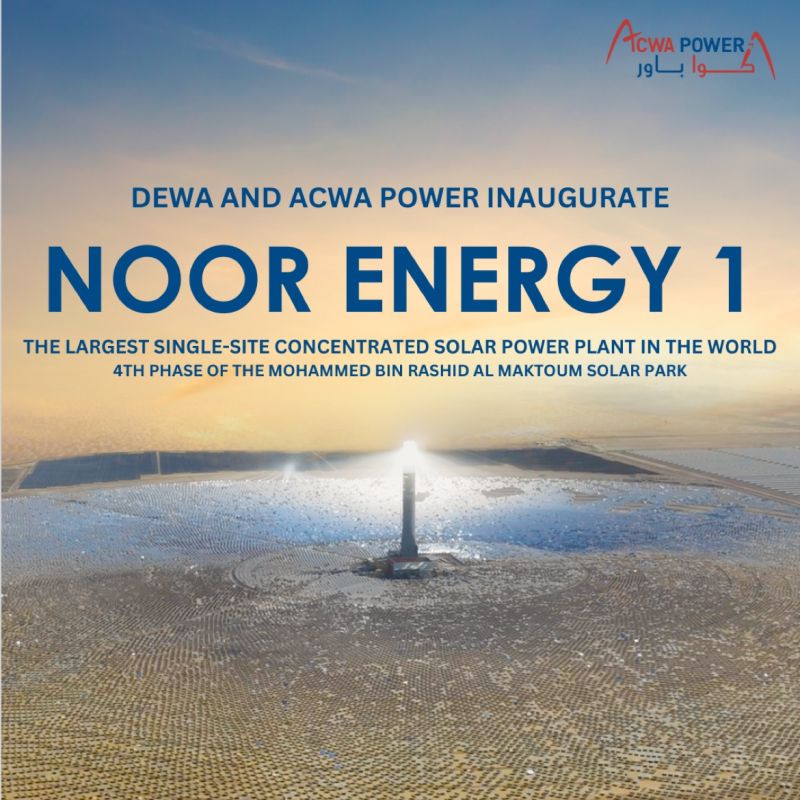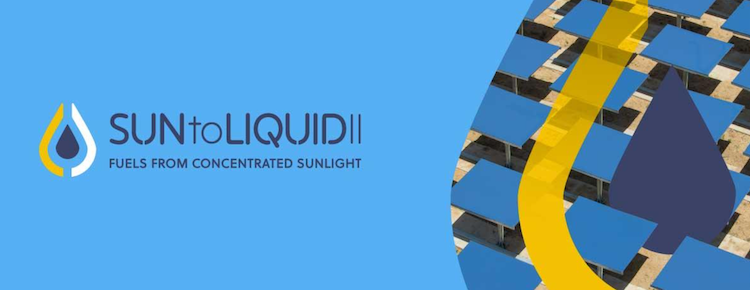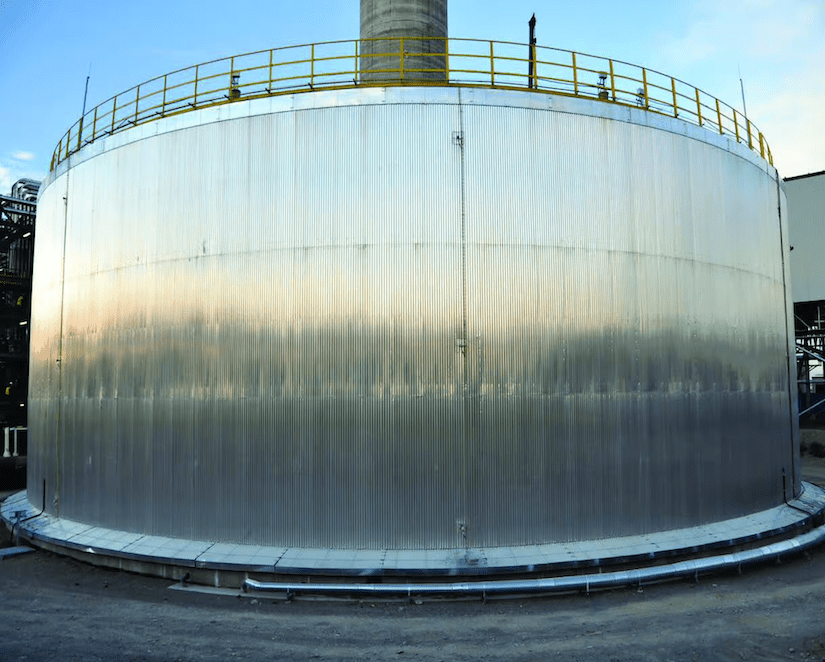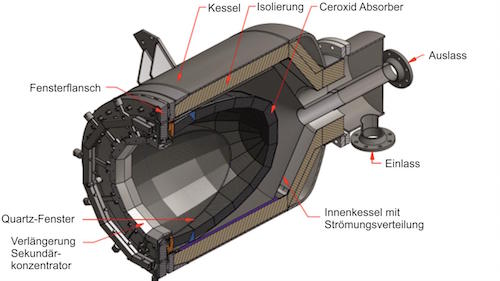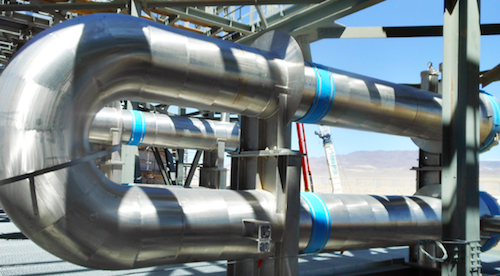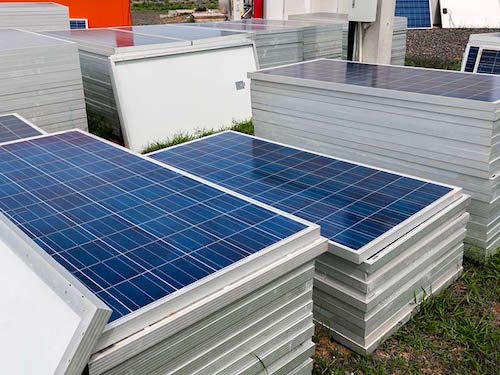
Cargo shipping will be very different in 2050. Increasingly, the shipping industry is looking at green fuels to decarbonize, like solar methanol (a solar fuel produced with solar thermochemistry)
News Source: RenewEconomy
The developers of a solar thermal powered methanol production facility that will supply green fuel for shipping and aviation have bedded down $A40 million in funding deals that will underpin construction of the Port Augusta plant, known as SM1.
Australian concentrated solar thermal energy specialist Vast Renewables, along with consortium partner Mabanaft, said on Thursday they have secured the funding that was originally announced just over a year ago.
The deal will see Vast get up to $A19.48 million from the Australian Renewable Energy Agency (ARENA), while Mabanaft will receive up to €12.4 million ($A20.5m) from Projektträger Jülich on behalf of the German government, as part of the German-Australian Hydrogen Innovation and Technology Incubator program, or HyGATE.SM1 is proposed for the site that was to host one of the world’s biggest solar thermal projects, SolarReserve’s 150MW Aurora project that collapsed because of financing and technology problems.
Vast Solar, which has its own solar thermal technology proven at a small 1.1MW plant at Jemalong in NSW, is also partnering with local company 1414 to develop a 140MW big battery (with at least one hour storage) at the site.
It has also inherited from Aurora the promise of $110 million in concessional finance from the federal government to build its own 30MW solar thermal plant with eight hours storage. Wood expects that financial close, with equity partners, will be reached in 2023, with the plant starting operations in 2026.
Vast says CSP can provide the optimal balance of renewable heat and power required for the production of green fuels and that using the technology could potentially achieve a reduction of green fuel production costs of up to 40 per cent. SM1 is expected to take around 10 to 20 per cent of the solar thermal plant’s output under an off-take agreement.
“This is a giant leap for green fuel production globally,” said Vast CEO Craig Wood in a statement on Thursday.
“Solar methanol, produced at plants like SM1, has the potential to make a huge difference to the transport sector where it has proven difficult to decarbonise fuel sources.
“This funding is a testament to the tremendous opportunity provided by Vast’s technology as well as our partners within the Solar Methanol Consortium,” Wood said.
The Hamburg-based energy solutions company Mabanaft says the production of green methanol will broaden the range of sustainable energy solutions it can offer its customers.
“The funding agreements make a crucial recognition and validation of our decarbonisation efforts and can make a strong contribution to strengthening Germany’s leading role in the global energy transition,” said Mabanaft’s director of new energy, Philipp Kroepels.
Vast and Mabanaft are assessing SM1 with the Solar Methanol Consortium and are supported by Australian outfit Calix as Principal CO2 Supply Partner and the Australian Solar Thermal Research Institute (ASTRI).
SM1 aims to produce up to 7,500 tonnes per annum of green methanol and the Consortium says it has attracted the interest of major off-takers. The project aims to be a catalyst for a solar methanol industry in Australia, with the potential to export the fuel to Germany and other global markets.






